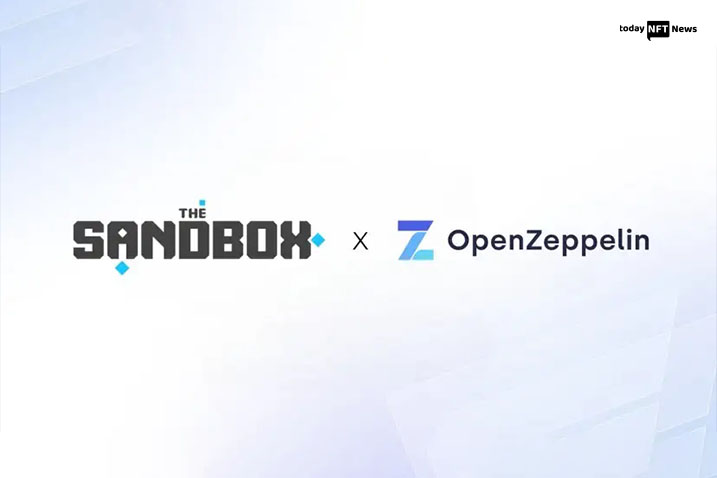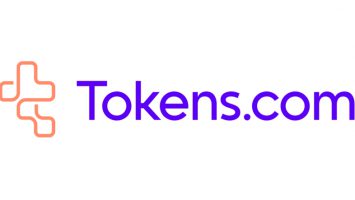SNEAK PEEK
- The first thorough metaverse security service has ever been introduced by OpenZeppelin, a blockchain infrastructure security company, in partnership with The Sandbox.
- In November of this year, OpenZeppelin made a few optimization suggestions that The Sandbox was able to implement before the launch.
- Forta’s well-known OpenZeppelin security services are used in this brand-new metaverse security solution.
In collaboration with The Sandbox, OpenZeppelin, a top provider of blockchain infrastructure security, has introduced the first comprehensive metaverse security service ever.
No supplier has ever before supplied this kind of comprehensive security solution, which goes much beyond the sporadic audits that metaverse projects have previously relied on. With the new service, OpenZeppelin will use its real-time monitoring tools, broadcast alerts for any dangers or anomalies, do routine codebase analyses, and improve the security of smart contracts.
Delighted to announce that @OpenZeppelin are launching the world’s first comprehensive metaverse security service in partnership with The Sandbox.
— The Sandbox (@TheSandboxGame) December 15, 2022
Read more 🧵 pic.twitter.com/Ax1Ze3o06f
For metaverse and Web3 initiatives that have hitherto relied on piecemeal audits, Michael Lewellen, Head of Solutions Architecture at OpenZeppelin, noted that their novel new service for comprehensive metaverse security is a step ahead. To enable better security practices for on-chain monitoring, access control, and other improvements that are essential for protecting future growth, Metaverse projects can now make use of continuing audit expertise to go beyond the code.
They’re thrilled that The Sandbox has decided to be their first customer for this new service, and they anticipate that many more companies will adopt their forward-thinking security philosophy in the months to come.
A forthcoming staking contract audit was the first task of the service. OpenZeppelin suggested a few optimization tweaks over two weeks in November of this year, which The Sandbox was able to execute before the launch.
This brand-new metaverse security solution makes use of Forta’s established OpenZeppelin security services. When risks or anomalies are discovered, Forta will take the lead in monitoring smart contracts and transaction activity and will provide notifications.
Following a $625 million attack on metaverse game Axie Infinity’s Ronin network in March, the discussion over security in the metaverse became more critical this year. Data from blockchain security firm Peckshield shows that only in October, hackers stole roughly $760 million in cryptocurrency.
The metaverse has enormous promise, yet there are hazards involved for both users and developers. Other significant challenges consumers need protection against include platform authenticity, cyber threats, identity protection and verification, and hardware security. As a continuation of the Web3 world, the metaverse will be a target for hackers in the same manner that the DeFi area has recently witnessed a rise in hacks and attacks.









